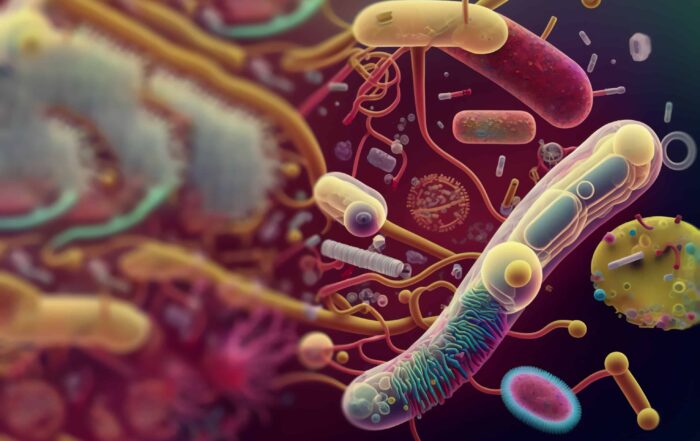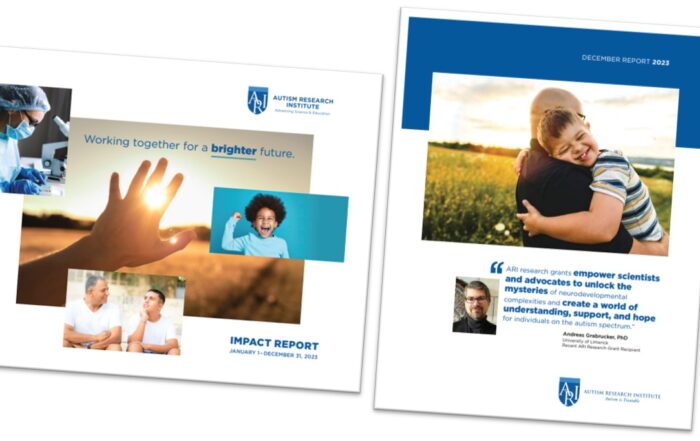Adults with autism spectrum disorders (ASD) tend to be more generous to strangers than their neurotypical peers are, according to new research.
In the study, Paul Forbes and colleagues explored differences in “social discounting” between individuals with and without ASD. Social discounting refers to the tendency for people to be less generous to people who are distant from themselves compared to those closer to them. In addition, the researchers explored the effects of framing a decision about generosity as a gain or a loss.

The researchers recruited 53 adults between 20 and 47 years of age to participate in their study. Of the group, 28 had ASD and 25 were neurotypical. The researchers asked the participants to imagine distributing money to other people at various social distances from them.
In the “gain” scenario, participants were told that the other person initially had no money. They were asked to choose between splitting a sum of money evenly between themselves and the other person, with each person getting 75 euros (the “generous” option), or giving nothing to the other person and keeping a larger amount for themselves (the “selfish” option). In the “loss” scenario, they were told that the other person already had 75 euros. Participants could choose to keep 75 euros for themselves (the generous option), or to have the other person lose 75 euros and thereby gain more money themselves (the selfish option). The researchers added incentives by telling participants that two of them would be randomly selected at the end of the experiment, and for each of these two, one choice would result in a real-life payout.
The researchers report, “We show that compared to a neurotypical group, autistic adults were more generous to other people, especially to those who were more socially distant.” They also were less influenced by the framing of the task as a gain or a loss for themselves.
In addition, the researchers say that in the group with ASD, “Greater self-reported difficulties in social interaction and communication as well as attention switching were associated with this increased generosity, suggesting that both social and non-social aspects of autism contributed to these effects.”
They conclude, “Our results support the view of ‘enhanced rationality’ in autism as participants’ prosocial decisions were less influenced by potential biasing information, such as the closeness of the recipient or how choices were framed. Therefore, the differences seen in autism, as well as posing certain challenges, can also have prosocial consequences.”
_
“Autistic adults show enhanced generosity to socially distant others,” Paul A. G. Forbes, Irini Chaliani, Leonhard Schilbach, and Tobias Kalenscher, Autism, August 22, 2023 (online). Address: Paul Forbes, Institute of Experimental Psychology, Heinrich Heine University Düsseldorf, Germany, [email protected].
This article originally appeared in Autism Research Review International, Vol. 37, No. 4, 2023
Editorial – Fecal Microbiota Transplantation and Autism
Over the past several years, Fecal Microbiota Transplantation (FMT) has become the subject of growing interest in the autism community due, at least in part, to the increased awareness of the gut-brain
ARI’s Latest Accomplishments
Connecting investigators, professionals, parents, and autistic people worldwide is essential for effective advocacy. Throughout 2023, we continued our work offering focus on education while funding and support research on genetics, neurology, co-occurring medical
Biomarkers start telling us a story: Autism pathophysiology revisited
Antonio Persico, MD, a recent ARI Research Grant recipient, explores the role of biomarkers in understanding autism pathophysiology. He discusses the complexity inherent to neurodevelopmental conditions and emphasizes the need to combine




